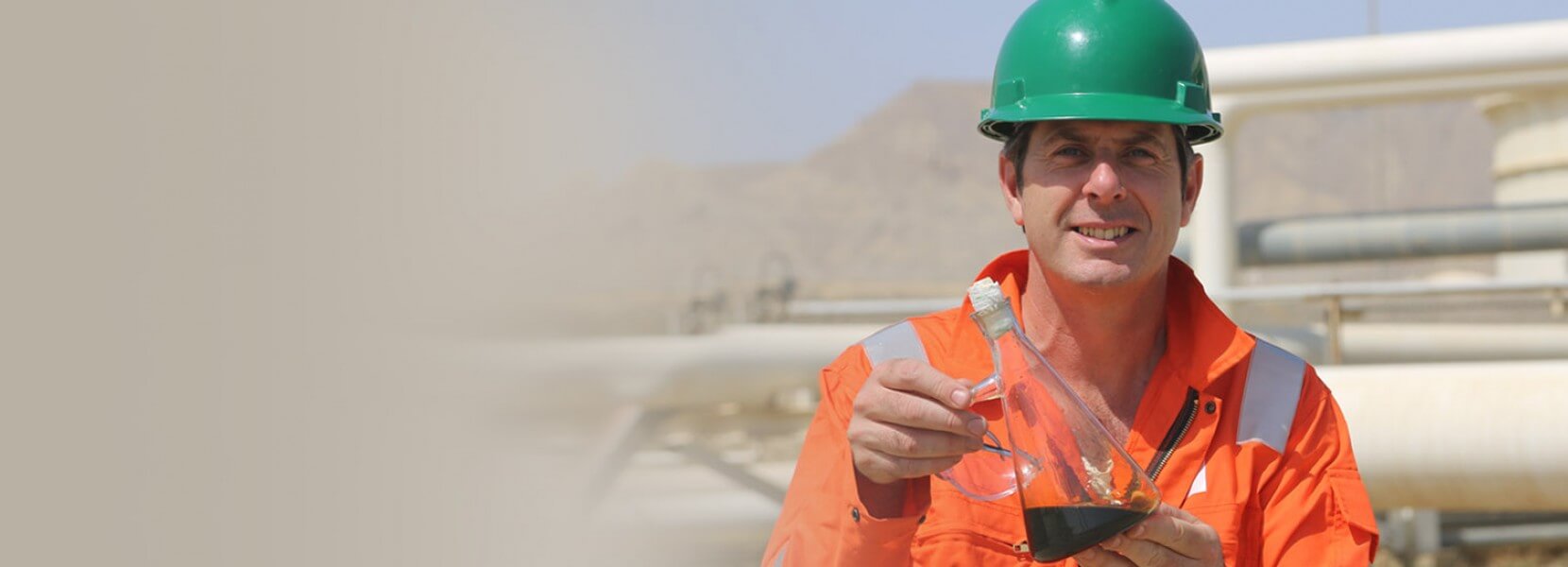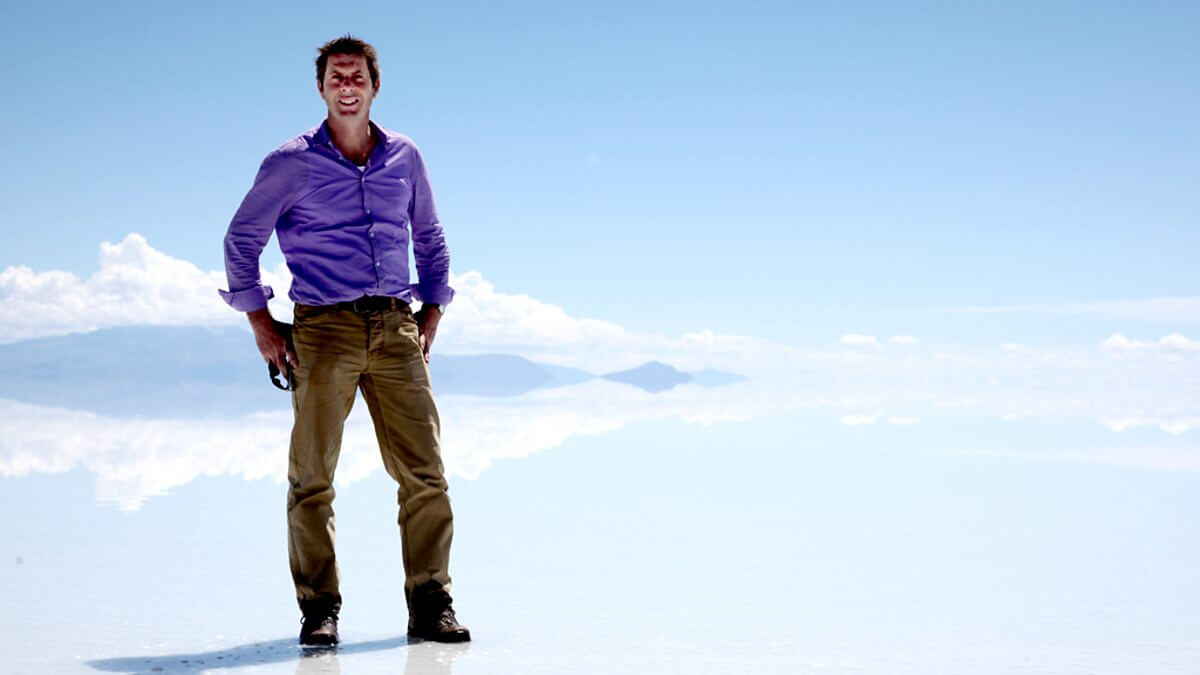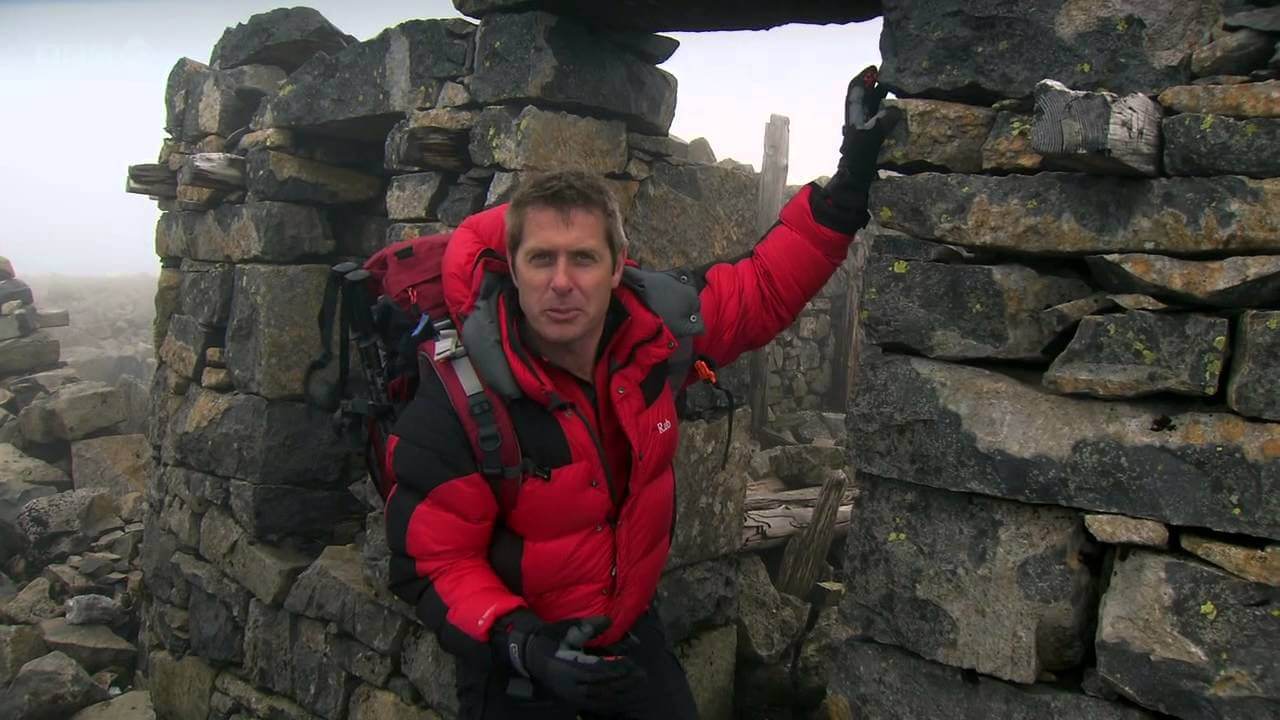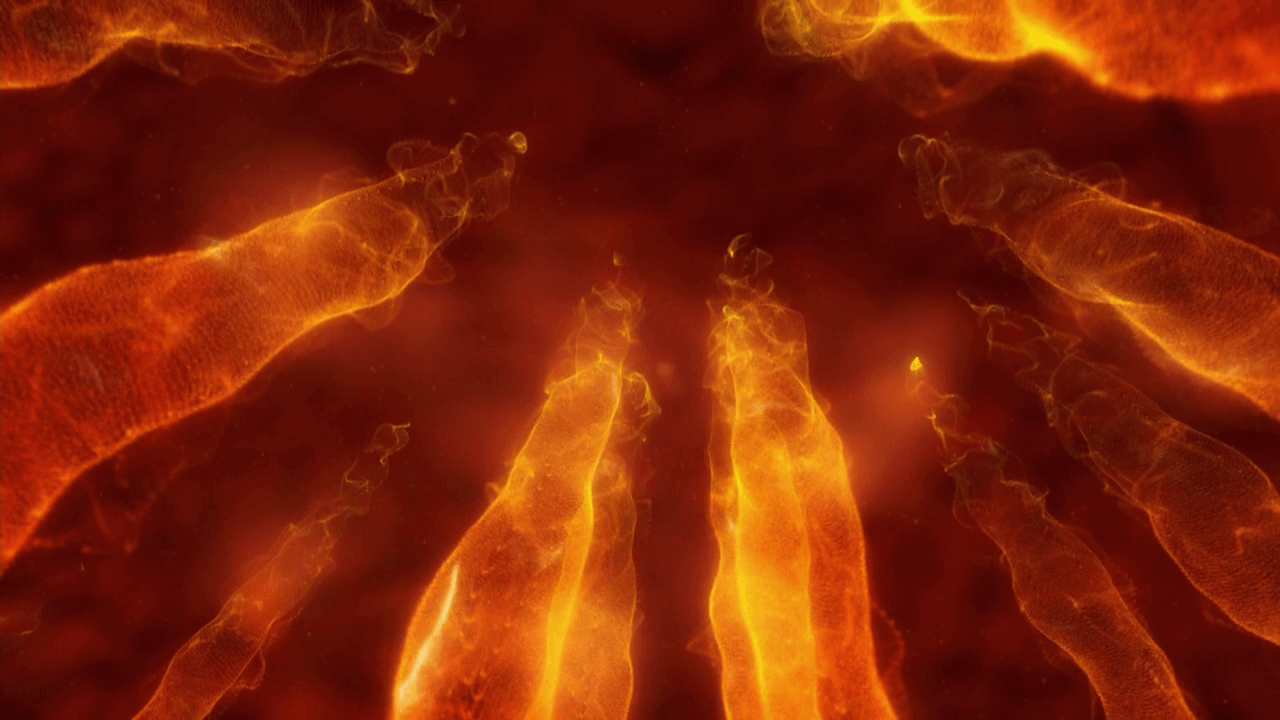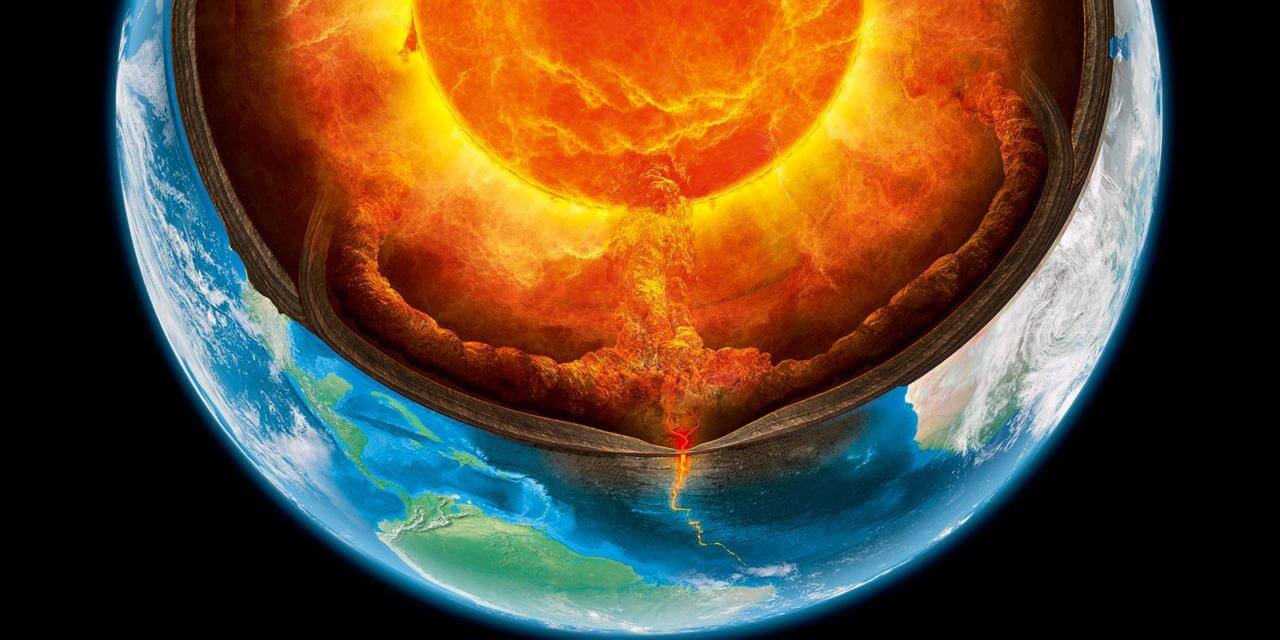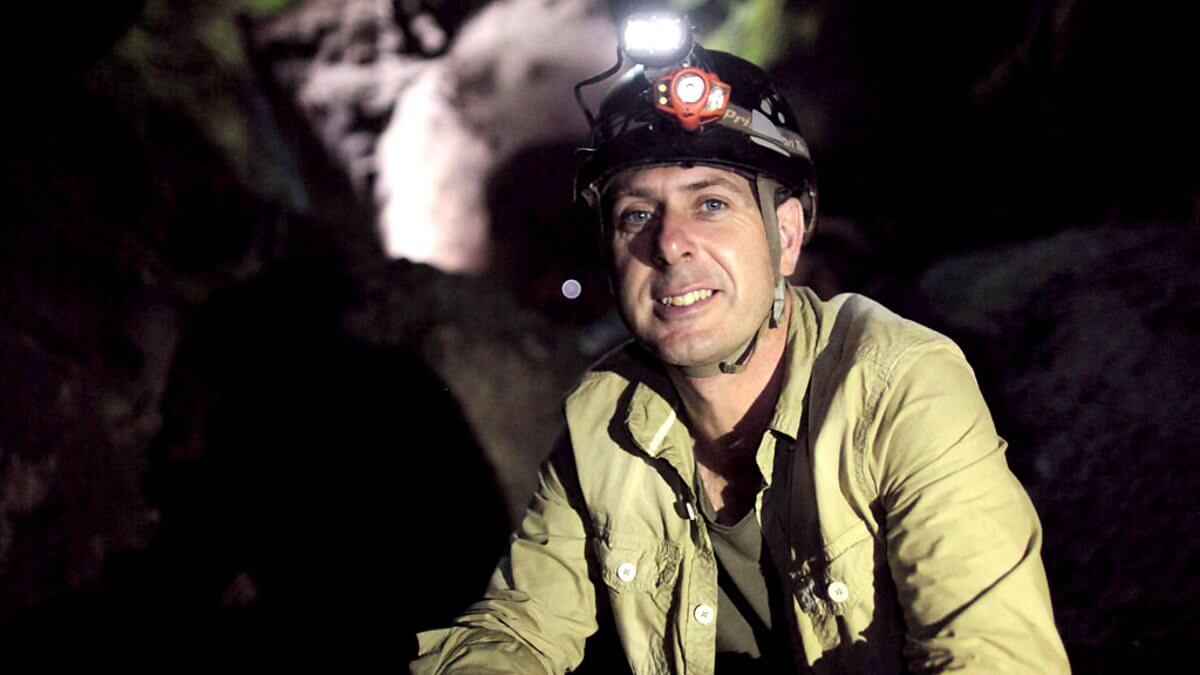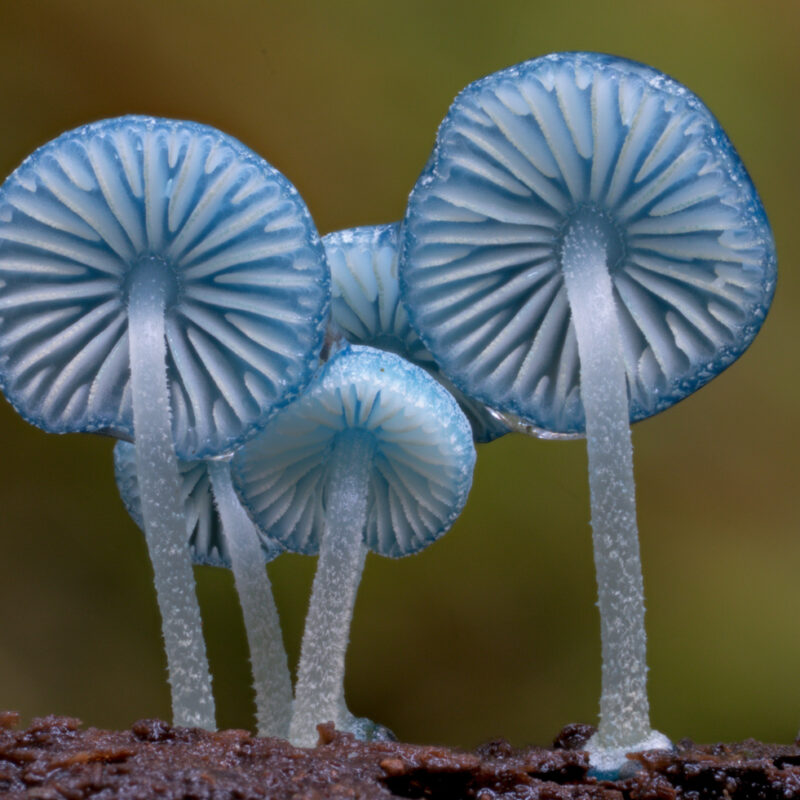description:
Documentary series exploring how we’ve become so reliant on oil in little longer than a human lifetime.
episodes:
By the early 1950s, a holy trinity of oil, plastics and fertilisers had transformed the planet. But as Professor Iain Stewart reveals, when the oil producing countries demanded a greater share in profits from the Western energy companies, the oil and gas fields of the Middle East became a focus for coup d’états and military conflict.
In the North Sea, Prof Stewart recalls the race against time to find alternative supplies in the shallow, but turbulent waters both here and in America’s Gulf coast.
The offshore discoveries in the 1970 proved to be a game changer. It marked an engineering revolution; the moment when ‘difficult’ oil and gas (previously unviable sources) could be commercially produced from the ocean depths. It was the moment when Western Europe and the US finally unshackled themselves from their 20th century energy security nightmare.
As we entered the 21st century, the world was guzzling oil, coal and gas like never before. Despite fears of ‘peak oil’, Professor Iain Stewart discovers that while huge technological advances are helpingextend the life of existing oilfields, new unconventional oil and gas supplies like shale gas and tar sands are extending the hydrocarbon age well into the 21st century.
Given there’s plenty of fossil fuels still in the ground, the spectre of climate change has forced many to ask can we really afford to burn what’s left? In this concluding episode, Iain Stewart argues we face a stark choice.
Do we continue feed our addiction – suck Planet Oil dry – and risk catastrophic climate change, or do we go hell for leather for alternative energy sources, such as nuclear and renewables, to make the transition from our fossil fuel past to a low-carbon future. In which case, how do we make that shift?

